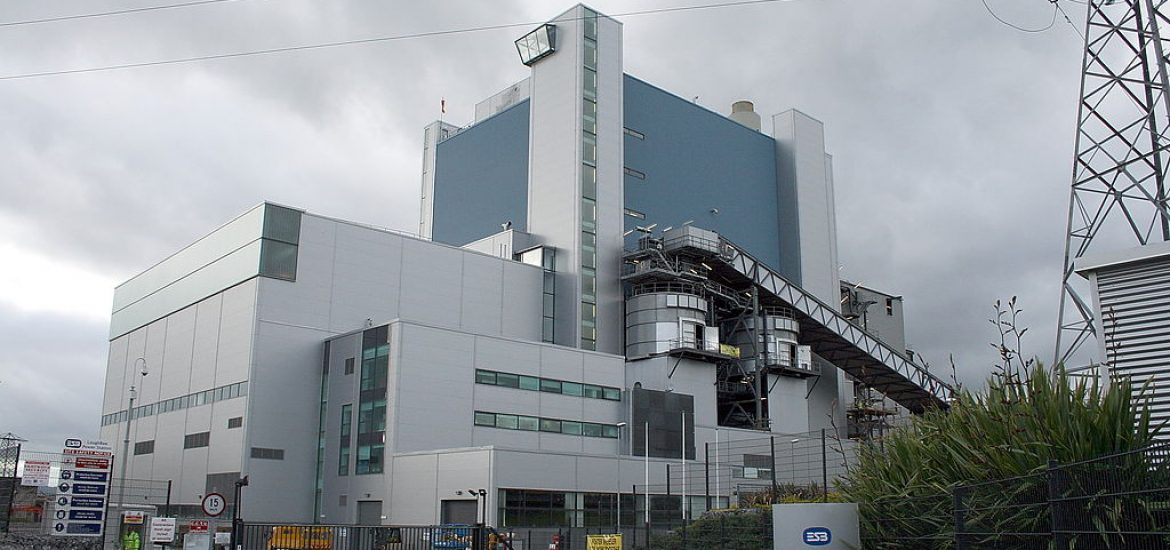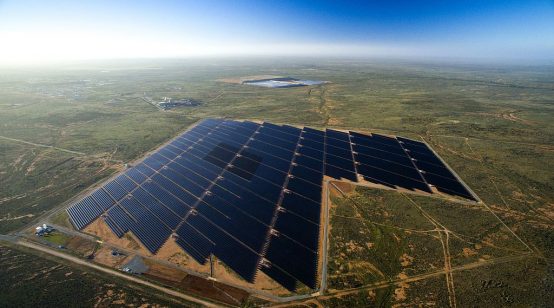
Ireland has approved its long-awaited Renewable Electricity Support Scheme (RESS), with the first auction set to take place next year after state aid approval has been secured from Brussels.
The minister for communications, climate action and environment, Denis Naughten, said regular auctions were expected under the scheme.
The programme will provide for a renewable electricity ambition of up to a maximum of 55 per cent as part of EU 2030 targets under the 2015 Paris climate agreement. Up to 4.5 gigawatts of renewable capacity is expected to be sold by 2030, according to Project Ireland 2040, which set out a strategy for republic over the next 10 years.
Ireland hoped to meet its 2020 renewable energy target of 40 per cent but is expected to miss the goal and instead “close the gap” with the RESS.
The Department of Communications, Climate Action and Environment said it was due to be ensured that consumers would not be locked into higher costs for consumers by auctioning all its required capacity at once.
Naughten told the media: “This scheme will mark a shift from guaranteed fixed prices for renewable generators to a more market-oriented mechanism where the cost of support will be determined by competitive bidding between renewable generators.
“The RESS is a critical step in bringing Ireland to a leadership role in relation to renewable energy, climate action and energy efficiency. Communities are central to the design of the new scheme and this will have a transformative impact on renewable energy projects right across the country.”
Power failures
The reliability of electricity supplies in Ireland has been criticised.
More than 25 per cent of Irish businesses have experienced unscheduled energy failures, with 23 per cent of those reporting that outages cost more than €10,000, according to a study by Bord Gáis Energy (BGE).
The research was conducted among 200 decision makers in businesses across Ireland and found 47 per cent of employers were satisfied with the energy efficiency of their business.
Around 89 per cent of firms said the government should introduce greater incentives for energy efficiency and 67 per cent linked energy savings with improved profits.
“At Bord Gáis Energy we’re committed to providing solutions which empower our business customers to take control of their energy,” said Mark Prentice, managing director of BGE.
“The research has provided some interesting insights into how businesses consider energy management and there’s certainly an appetite among Irish businesses for innovative and insightful energy technologies.”
Lough Ree Power in Lanesborough, County Longford. Ireland has yet to join the renewable revolution. Picture credit: Wikimedia





